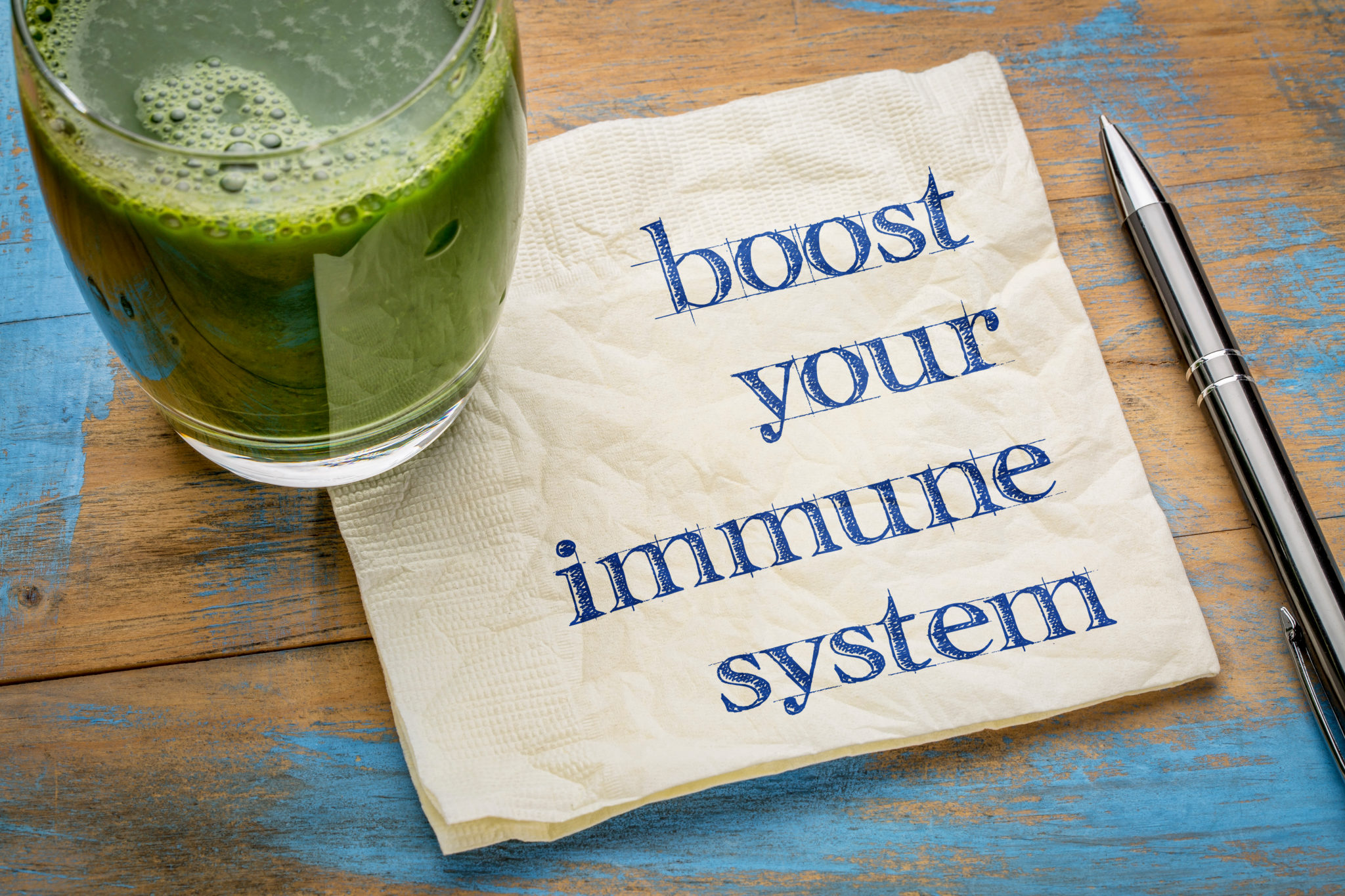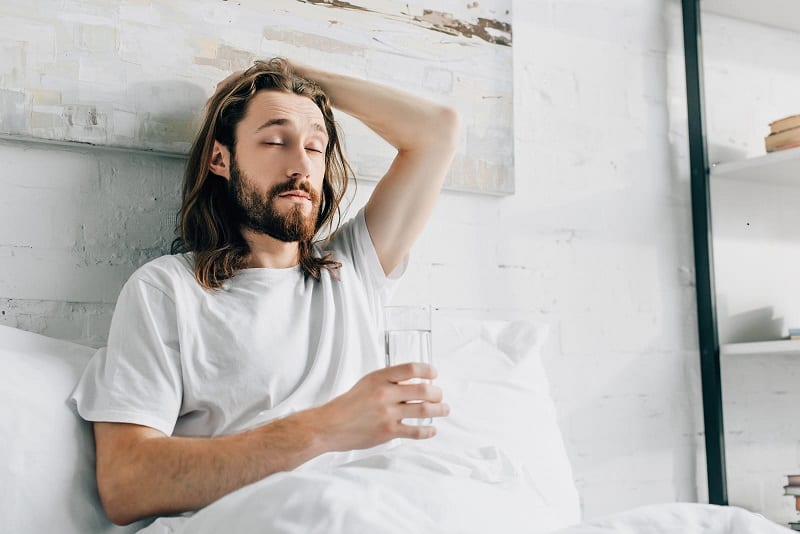When we fall ill, we instinctively want to sleep longer. That’s because we are designed to ‘sleep ourselves well’. Here our immune system stimulates us to sleep. In fact, the relationship between sleep and immunity is bidirectional. We need sleep to have a healthy immune system, and a healthy immune system helps us sleep.
The impact of sleep on the immune system.
When we lack sleep, all the body’s systems essentially become stressed. Then our fight or flight response kicks in to prepare the body for attack, which includes the production of antibodies in preparation for injury. Over the long term, this can lead to a chronic decrease reduction in our immune capacity.
Sleep loss and cancer.
Cancer is another of the long list of illnesses that can be associated with sleep loss. One large European study of 25,000 individuals demonstrated that sleeping 6 hours or less was associated with a 40% chance of increased risk of cancer compared, relative to those who slept 7 hours or more.
With regards to immune function, Dr Nathaniel Watson, co-director of the UW Medicine Sleep Center at Harborview Medical Center. stated that the immune system functions best when it gets enough sleep. Seven or more hours of sleep is recommended for optimal health,”
Sleep and antibody production.
It’s thought that if you can get good sleep both before and after the Covid-19 Vaccine it may boost your immune response.
There has been a variety of studies over the years showing an association between sleep duration and vaccination response. One recent study found that the flu vaccine response when given to adults who had sufficient sleep for two days before vaccination was significantly more effective to those who didn’t get enough sleep. In fact, those who were sleep-deprived ( sleeping 4-6 hours) had an antibody reduction of 50% compared to those who slept well ( 7-9 hours).
The American Academy of Sleep Medicine has suggested that getting a good sleep before and after the COVID-19 vaccine may boost the immune response
Indeed, Kannan Ramar MBBS, MD suggested that it would seem therefore that since we have data to support that good sleep — both from a quantity and quality perspective — builds and enhances the immune system, both innate and acquired, his quote was ‘I think one can easily extrapolate it to the COVID-19 vaccinations as well’ .
Top sleep tips.
On average we need to get about 7 to 8 hours of sleep every night. Ideally, you should go to bed and wake up at the same time, seven days a week. For most of us, this is not possible. Make sure you anchor your morning wake time.
Other top tips are to;
Find out your chronotype (i.e. are you a night owl or a morning lark). This is your inherited sleep type and dictates whether you need to go to sleep later or earlier in the night.
Stop all caffeine at lunchtime alcohol and food about 2 hours before sleep and exercise about 3 hours before.
Get outside for some sunlight every day, preferably in the morning.
Do some cardiovascular exercise every day.
Add deep relaxation such as yoga or meditation as even 5 minutes of this has been proven to increase deep sleep.
Recommendations for optimum immune function.
My top tips for immune function are
Outside of getting a good night’s sleep here are 5 tips to optimise immune function.
Eat as healthily as possible which generally means a Mediterranean diet with fruit and vegetables, fresh fish and a little meat.
Take care of your gut biome with pre and probiotic – Acidophilus and Bifidus being the most recognised although Kimchi and Natural Yoghurt are great sources, as is Kom Bucha.
Focus on good sources of Vitamin C, Zinc and Vitamin D. This would include Citrus fruits, Nuts and probably Vitamin D supplementation in the darker months.
Get regular exercise to burn off adrenalin and learn to meditate to de-stress.




